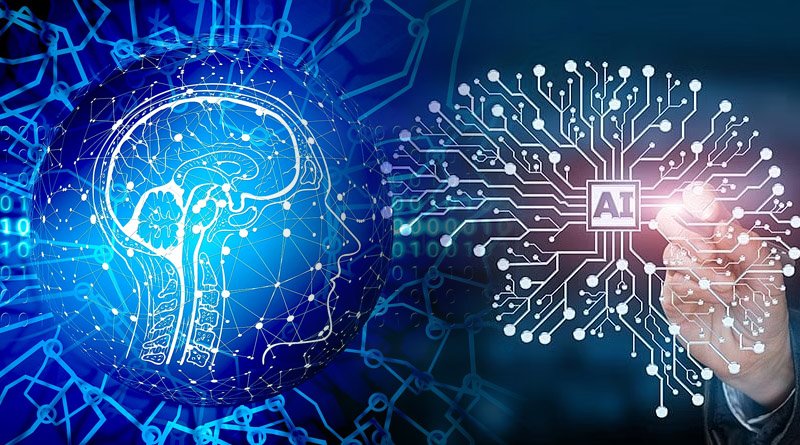Numerous academics from around the world have signed an open letter urging artificial intelligence (AI) developers to investigate consciousness research as AI systems advance.

The open letter, titled “The responsible development of AI agenda needs to include consciousness research,” was written by the Association for Mathematical Consciousness Science (AMCS), which stated that it had no opinion on whether or not AI development in general should be put on hold.
However, it promoted a deeper scientific comprehension of consciousness, how it might be used in AI, and how society might coexist with it. Numerous academics from around the world have signed an open letter urging artificial intelligence (AI) developers to investigate consciousness research as AI systems advance.
It states that “imagining AI systems with feelings and even human-level consciousness is no longer the stuff of science fiction.” The majority of experts concur that AI is not at this level of sophistication. But given how quickly it is developing, some believe that progress should be halted.
The term “AI” refers to computer systems that are capable of performing tasks that ordinarily require human intelligence. This includes computer programmes that can recognise objects in images and can respond to questions with responses that sound human-like.
Generative Pre-trained Transformer 4 (GPT-4), an AI system created by OpenAI, the company that created the ChatGPT chatbot, can now pass the bar exam, which is required for lawyers to practise law, even though it still makes mistakes and occasionally spreads false information.
But this is merely one of AI’s capabilities. Many industries, including marketing, finance, and health research, are implementing AI products.
Elon Musk, a billionaire in the technology industry, recently co-signed a letter urging the suspension of further AI advancements until practical safety controls could be developed and put in place.
The letter claims that “the quick evolution of AI is exposing the urgent need to accelerate research in the field of consciousness science.” The document’s signatories include academics from universities in the UK, the US, and Europe as well as Dr. Susan Schneider, a former NASA professor. A Google engineer was let go last year after making the claim that an AI system was sentient.
Blake Lemoine wrote that the Bard, a ChatGPT rival powered by Google’s large language model Lamda, expressed emotions. According to Google, Lamda was speaking in a human-like manner and carrying out the exact tasks for which it had been programmed.
Sundar Pichai, the CEO of Google, recently admitted to CBS that he did not “fully understand” how Bard operated. He added that there was still much to learn about the human mind, which is why the AMCS is urging more investigation. But the excitement and trepidation surrounding AI are equal.
It is the big buzzword in big tech, and funding for AI-related projects is pouring in. After its November release, ChatGPT quickly went viral and established itself as the “face” of AI for the general public.It can provide written answers to queries in a natural, human-like manner by using the internet as a database.
Microsoft, which has made significant investments in OpenAI, claims that AI can remove “the drudgery” from routine jobs like office administration. According to a recent Goldman Sachs report, AI could eventually replace 300 million full-time jobs. New skills will probably be needed for these new jobs, even though the AI sector will add new human jobs.